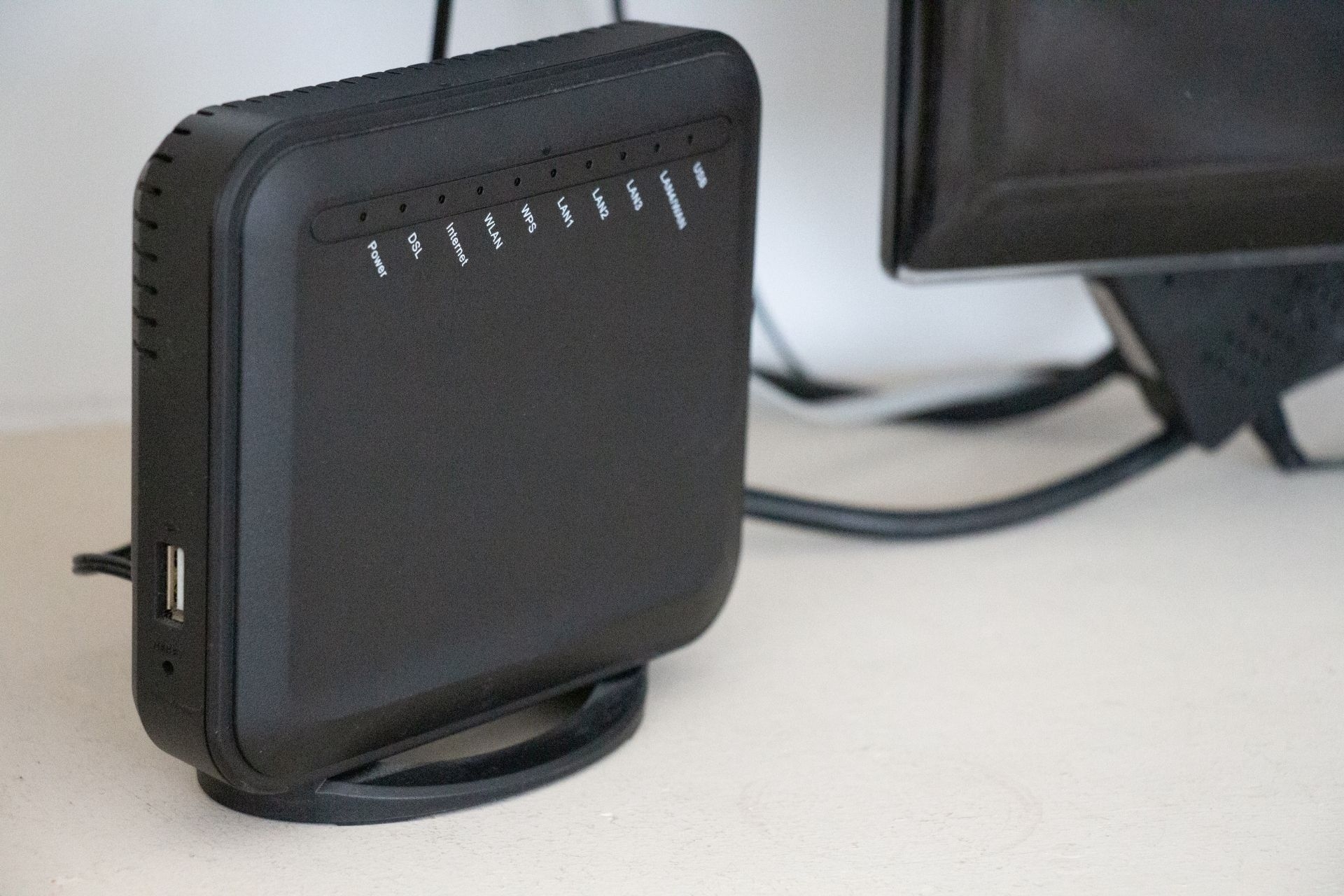

Network security appliances protect against DDoS attacks by utilizing various techniques such as rate limiting, blacklisting, and traffic filtering. These appliances can detect abnormal spikes in traffic volume and patterns associated with DDoS attacks, then take action to block or mitigate the attack. By analyzing incoming traffic and identifying malicious patterns, network security appliances can effectively defend against DDoS attacks and ensure the availability of network resources.
Intrusion prevention systems (IPS) play a crucial role in network security appliances by actively monitoring network traffic for suspicious activities and known attack signatures. IPS can detect and block malicious traffic in real-time, preventing potential security breaches and unauthorized access to the network. By continuously updating their threat intelligence databases, IPS within network security appliances can stay ahead of emerging threats and provide proactive protection against cyber attacks.
This post was collaboratively written by four members of our team with a combined 70 years in the cable industry, having worked at the top Cable Companies in the country and having left that industry over the last two years due to the issues described below. Cable companies will want to sell you bulk modems for your multi-tenant property. Why?

Posted by on 2022-12-21
Network security appliances utilize deep packet inspection (DPI) to analyze the contents of data packets at a granular level, enabling them to detect and prevent threats such as malware, viruses, and other malicious activities. By inspecting the payload of each packet, network security appliances can identify anomalies and malicious behavior, then take appropriate action to block or quarantine the threat. DPI is a powerful tool in the arsenal of network security appliances for ensuring comprehensive threat detection and prevention.

Network security appliances can effectively protect against ransomware attacks by implementing robust security measures such as endpoint protection, email filtering, and behavior-based detection. These appliances can detect ransomware signatures, block malicious URLs, and quarantine infected devices to prevent the spread of ransomware within the network. By combining multiple layers of defense, network security appliances can significantly reduce the risk of ransomware attacks and minimize the impact of any successful breaches.
MDU Internet Infrastructure Used Currently For Commercial Applications in 2024
The key difference between a firewall and a network security appliance lies in their scope and functionality. While a firewall primarily focuses on filtering and controlling network traffic based on predefined rules, a network security appliance offers a more comprehensive approach to security by integrating multiple security features such as intrusion detection, antivirus, VPN, and content filtering. Network security appliances provide a holistic solution for protecting networks against a wide range of threats, whereas firewalls are more limited in their capabilities.

Network security appliances handle SSL decryption by intercepting encrypted traffic, decrypting it, inspecting the contents for threats, then re-encrypting the traffic before forwarding it to its destination. By decrypting SSL/TLS traffic, network security appliances can effectively analyze encrypted data for malicious activities such as malware, phishing, or data exfiltration. SSL decryption is a critical function in network security appliances for ensuring comprehensive threat detection and prevention in encrypted communications.
Network security appliances integrate with Security Information and Event Management (SIEM) solutions for centralized threat management and analysis. By sending security logs, alerts, and event data to a SIEM platform, network security appliances enable security teams to correlate and analyze information from multiple sources, identify patterns of suspicious behavior, and respond to security incidents in a timely manner. This integration enhances the visibility and control of network security operations, allowing organizations to proactively defend against cyber threats and comply with regulatory requirements.

Typical upgrade paths for MDU internet networks often involve transitioning from traditional copper-based infrastructure to fiber-optic technology to increase bandwidth and improve network reliability. This may include upgrading network equipment such as routers, switches, and modems to support higher speeds and accommodate more users. Additionally, implementing advanced networking protocols like DOCSIS 3.1 or GPON can enhance network performance and enable the delivery of high-speed internet services to multiple units within the MDU. Upgrading to a cloud-based management system can also streamline network operations and provide better visibility and control over network traffic. Overall, the goal of these upgrades is to future-proof the MDU internet network and meet the growing demands of residents for faster and more reliable internet connectivity.
Internet service distribution units (ISDUs) are specifically designed to meet the unique needs of multi-dwelling unit (MDU) environments. These units are tailored to accommodate the high-density nature of MDUs, providing efficient and reliable internet connectivity to a large number of residents within a single building. ISDUs are equipped with advanced networking capabilities, such as VLAN support, QoS features, and remote management options, to ensure optimal performance in shared living spaces. Additionally, ISDUs are often compact in size and designed for easy installation in tight spaces commonly found in MDUs. This specialized equipment helps service providers deliver high-speed internet access to residents while minimizing disruptions and maximizing network efficiency in MDU settings.
MDU internet networks are safeguarded against cyber threats through a combination of advanced firewall systems, intrusion detection and prevention systems, network segmentation, encryption protocols, regular security audits, and employee training on cybersecurity best practices. These measures help to mitigate the risk of malware, ransomware, phishing attacks, DDoS attacks, and other cyber threats that could compromise the security and integrity of the network. Additionally, MDUs may implement security information and event management (SIEM) solutions, endpoint security software, and threat intelligence feeds to proactively identify and respond to potential security incidents. By continuously monitoring network traffic, analyzing security logs, and staying up-to-date on the latest cybersecurity trends, MDUs can effectively protect their internet networks from evolving cyber threats.
In MDU internet setups, compliance with regulatory requirements is ensured through a series of meticulous steps. This includes conducting regular audits to assess adherence to laws and regulations, implementing robust data security measures to protect sensitive information, providing ongoing training to staff on compliance protocols, and maintaining accurate records to demonstrate compliance efforts. Additionally, collaborating with legal experts and regulatory agencies helps to stay updated on any changes in requirements and ensure prompt adjustments to policies and procedures. By following these comprehensive measures, MDU internet setups can effectively navigate the complex regulatory landscape and mitigate potential risks of non-compliance.